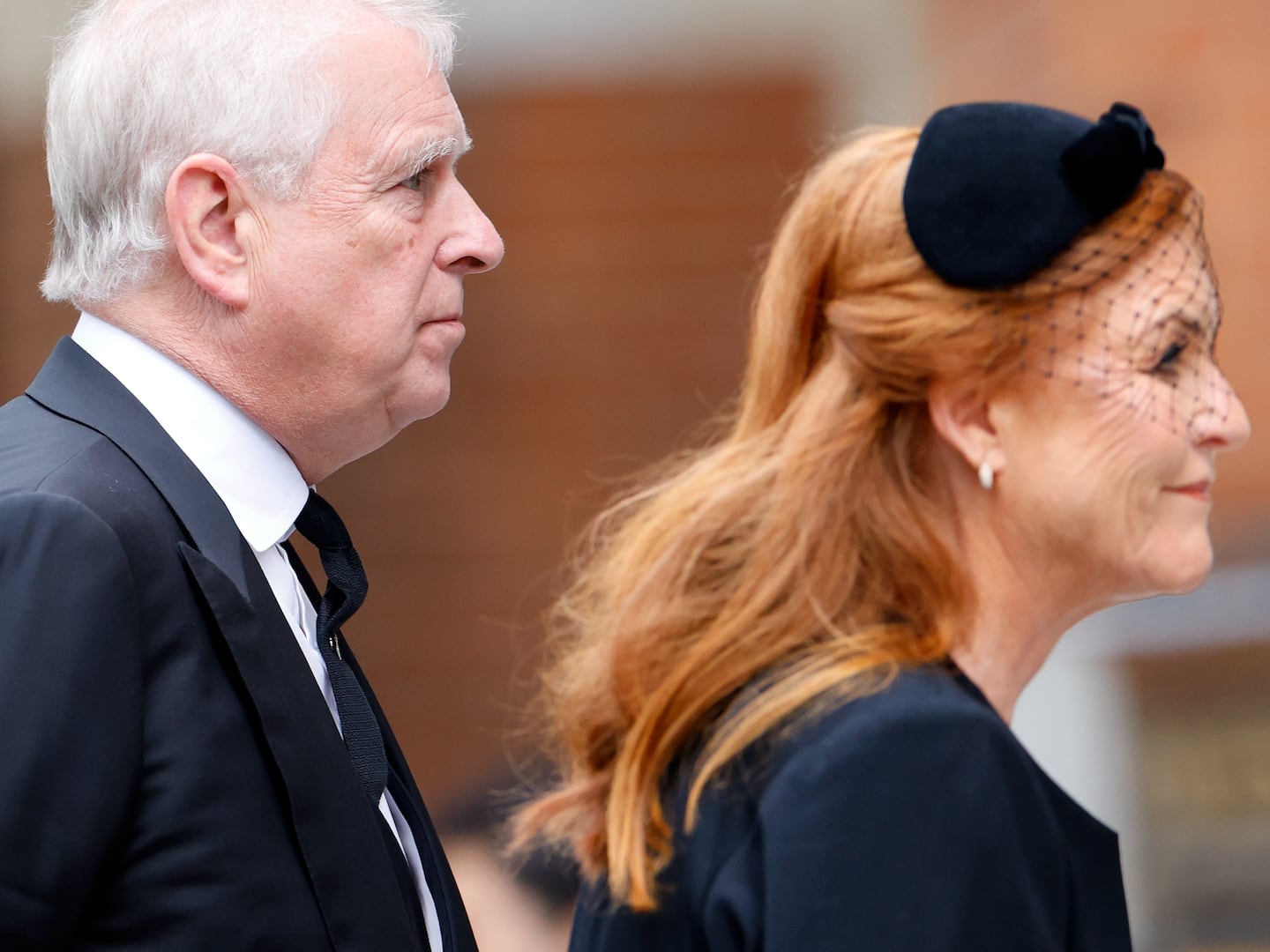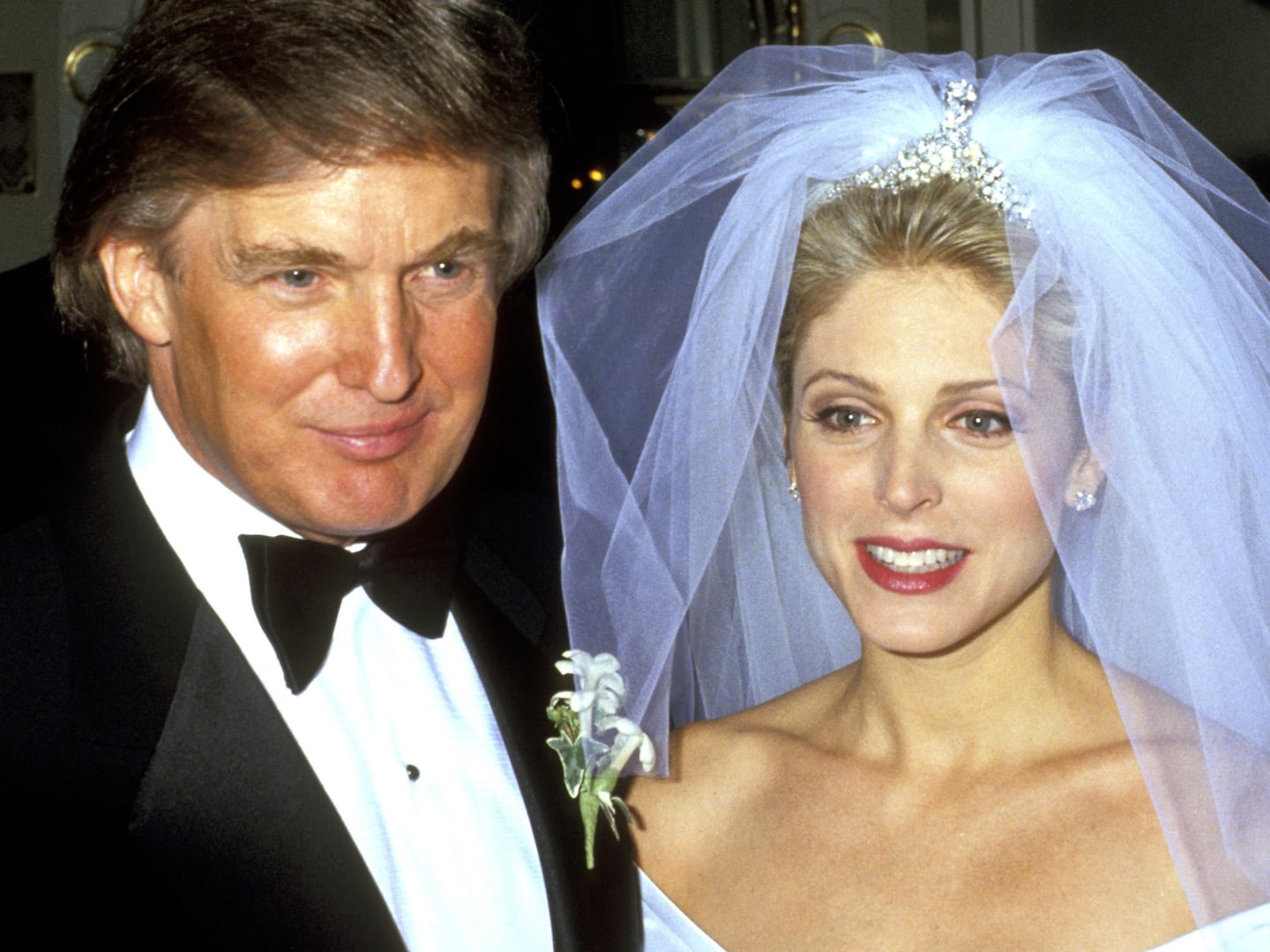Simon McBurney has seen and heard some strange things from the stage while performing his critically hailed one-man Broadway show, The Encounter.
The audience is watching McBurney perform, but also listening to him and other sounds in his story of an Amazon adventure, via individual headphones. The “binaural” sounds being piped in orbit our heads, seemingly coming from all around us. Our instinct is to nervously peek over shoulders or suddenly to our sides at the words, whispers, and clanking.
The story— about the adventures of photographer Loren McIntyre, who in 1969 journeyed to the Javari Valley in Brazil in the heart of the Amazon basin—is complicated enough. (His experience was recorded in Petru Popescu’s 1993 book Amazon’s Beaming, on which The Encounter is based.) But McBurney also wants The Encounter to be a meditation on fiction and reality and the nature of storytelling. The show also asks whether McIntyre’s intrusion-with-camera into the lives of the Mayoruna tribe is itself an insidious form of cultural invasion.
The piece opens with McBurney not only listing the piece’s themes, but being absolutely open about all the techno-trickery the audience is about to undergo: He said he almost said “endure.”
“The audience goes through the experience of me talking about McIntyre, and then there’s also McIntyre’s experience,” McBurney told The Daily Beast in a hotel bar, on his first day off in many weeks. “You choose which part of the story to attach to. The headphones give you the experience of solitude. You see people thinking something is behind them. They nudge each other. I’ve heard someone say ‘Don’t touch me,’ to their neighbor.
“In one performance, where I come toward the front row as an animal, a woman went ‘Agghhhh,’ and threw herself backward, like I was about to throw myself on her. And some people get very disturbed when I start smashing things up.
“If I take the headphones off, I hear people vocalizing. They think they can’t be heard because they can’t hear themselves.”
The show features McBurney on an almost-bare stage—a desk is the most significant piece of furnishing—with a wall on which mysterious, flowing images are projected.
The excitement of McIntyre’s expedition is conveyed alongside—once we are out of McBurney’s imagination—McBurney as McBurney working on the piece and being interrupted by his daughter, wanting to know why he is always working, and can she please have a bedtime story. (McBurney has three children—Noma, Teyo, and Mamie, aged 7, 6, and 14 months. When Noma’s voice in the show asks plaintively why he is always on the phone, it reminds us how wedded we all are to our cellphones now.)
One of the biggest rounds of applause, which surprised him, is in a moment when he jests gently that Americans aren’t as touch-feely as Europeans. But, he notes, post-Brexit, “Hang on, I’m not European anymore.”
“Maybe Brexit chimes with Trump,” he said. “Nobody thought Brexit would happen. I was watching through the night with mounting horror. Perhaps everybody here is going, ‘That could be our Election Night.’”
For his day off, McBurney is wearing a multicolored plaid shirt, his tangled mop of sandy hair safely hidden under a cap. He is as questioning and philosophically focused as his character on-stage, although thankfully less physical: Our table is safe.
“It’s an organic thing that I’ve created that seems to have entirely its own life,” the 59-year-old actor and director said of The Encounter. “It has its own mysterious life. When I say at the beginning, ‘I’m not sure if I am telling the story or if the story is telling me’: That’s kind of what it feels like. When I’m in it, it feels like a kind of trance. It feels like canoeing down a river and I just have to keep on course.”
It feels more akin to making music, he said, than the more by-rote aspects of theatre: “In five minutes, you have Scene Three, Mr. McBurney.”
For those who know McBurney’s work for Complicite, the theatre company behind The Encounter, which McBurney co-founded in 1983, his latest performance is characteristically inventive and physical.
Originally, McBurney considered telling the story to audiences one-on-one, “but that didn’t seem productive, or a particularly great idea,” he said. He first became acquainted with binaural technology via two Swedish artists, Christer Lundahl and Martina Seitl, who were then working with his wife, the concert pianist Cassie Yukawa.
He wanted to convert it to a storytelling tool, “to have that slightly displaced sense” of looking at something and hearing it or something else, both at the same time. You could, as this reporter did for periods, treat it—with your eyes closed—as a radio play, with your imagination summoning up the images according to what is being piped into your ears.
The strange, wavy wall behind him, is, said McBurney, one flank of an anechoic chamber, “which has no echo. It absorbs sound totally. Inside it is the quietest place on earth. You hear your own breathing, and then, after a minute or two, you start to hear your heartbeat, then the fluids in your own head. After half an hour, I came out, absolutely unprepared for the tsunami of noise of daily life.”
McBurney laughed that he had used “the hardest, most impenetrable types of technology in imagining one of the most biodynamic places on earth.”
In 2014, when he visited the Mayoruna, McBurney asked them where they thought consciousness lay. It was not, as it was for him, “behind the frontal lobes. Instead they pointed to the forest. For them, the exterior world and interior worlds are interconnected.”
The Encounter asks if McIntyre is really enriching the lives of those Mayoruna he is photographing; or as McBurney’s daughter Noma asks at one point: “Dad, what was he doing there?”
When he was a guest of the Mayoruna, McBurney was “shitting” himself because he finds it “painful being a tourist anywhere anyway.”
However, his American father Charles was an archeologist, whose own mother was part Native American, “and so from when I was a very small I was fascinated and also questioning our relationship with and abuse of indigenous people.”
Growing up, McBurney was fascinated by his father’s stories. “His areas of speciality were—unfortunately for them today—Libya, Iraq, Iran, and Afghanistan, tracing the earliest footprints of human beings. He discovered an incredible cave in Libya that had uninterrupted human habitation for 90,000 years.”
McBurney was concerned, when he visited the Mayoruna, about invading their cultural space, but discovered a strong, politically motivated community. They asked him to mention on stage that they existed, which he does at many performances.
His producers, McBurney said, thought this was “not Broadway etiquette,” but they also had faith in him to bring The Encounter to Broadway for 16 weeks. “I thought, ‘Holy shit, this is crazy and a risk,’ but it was rather beautiful going into the belly of the beast. I used to do street theatre and felt very vulnerable, and on one level this is street theatre, and vulnerability is one of the themes.”
McBurney grew up in a household without the usual pop-culture crutches of TV and radio. There was a lot of cinema-going and museum-going, and—this being Cambridge in the ’60s and ’70s—a lot of extraordinarily intelligent, eccentric academics from all over the world.
“At that point colleges were still very close to monasteries. There were elderly dons being take care of until their deaths, which no longer pertains now that they’ve become economic, rather than human, structures. Every six months an elderly man called Morgan would arrive and have Sunday lunch with us. It was E.M. Forster.”
McBurney’s father’s best friend had been the codebreaker Alan Turing. “Alan Turing was in love with my father,” said McBurney. “As my father was dying [of cancer, 35 years ago] he got my brother to burn Turing’s letters to my father in the fire in front of him. He didn’t want anyone reading them after his death.” Did they have a relationship? “I think my father adored Alan. I have no idea about a physical relationship—I don’t think they did.”
However, when McBurney’s brother was himself preparing to go to top British private school Winchester, their father told him: “When I was in college, my friend Alan Turing invited me to do something more with him. I said, ‘No thanks, Alan, let’s have a sherry.’”
McBurney describes himself as instinctive rather than academic. He was the most disobedient of his parents’ children. “If I was told not to do something, I would ask, what is that—whether it was climbing to the top of the school chapel, smoking cigarettes, drinking alcohol, or taking hard drugs.”
He knew he would be an actor from an early age: His mother wrote plays and pantomimes for him and his siblings. He vowed he would not do anything commercial and never be out of work. “Well, I have done commercial projects, I do have an agent, and I have never been out of work. I make a piece of theatre because I want to make it, and when I make it, it is very instinctive. I can analyze what doesn’t work very quickly.”
When he was around 18, he had a “fairly transformative experience” working with a carnival in America’s Northeast, learning the various levels of cons in the games: “Bright lights, loud music, everybody trying to rip everyone else off. I met the most unbelievable characters. It was a very wonderful and powerful experience—the feeling that you were absolutely with the audience.”
Complicite’s work, he said, was given the tag “physical theatre,” while McBurney preferred that the breadth of its performances speak for itself. “I’m with Aristotle: Theatre is acting, action. It’s physical by nature. Someone is killed, someone is fucked, someone dies. The moment everyone said, ‘They do comedy,’ we did plays. The moment they said we were attacking the classical canon, we did something else.” Next, Complicite will stage Stravisnky’s The Rake’s Progress at the Aix-en-Provence Festival next year, and perhaps take the production to Amsterdam and Edinburgh.
McBurney is hovering on the edge of turning 60, and, as The Encounter reveals when he strips off, he’s looking good on it. Yoga is “fairly helpful,” although he doesn’t go to the gym, but runs. As for aging, he likes that acting makes him—and a lot of other actors—feel “extraordinarily present on stage. There’s a certain moment when you’re there, the audience is there, and you’re suddenly in it.
“In The Encounter, there’s a line about the tribe seeing time as ‘comfortingly unseen’ like air, whereas for us it is an increasingly more efficient machine. When I was there, I had no idea what time of day it was. It was enough to be sitting not saying anything, drinking a little bit of mango juice.”
But today we are not in the Amazon, and—whisky sour downed, and night falling—McBurney bid farewell: It was time to head out into the New York jungle.
The Encounter is at the Golden Theatre, 252 W. 45th Street. Book tickets here.






